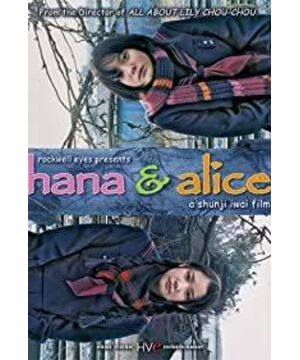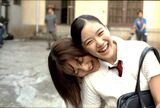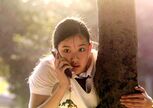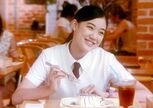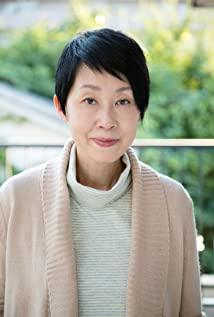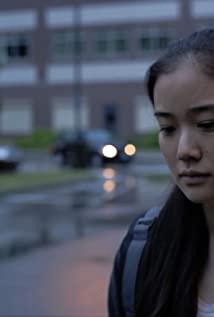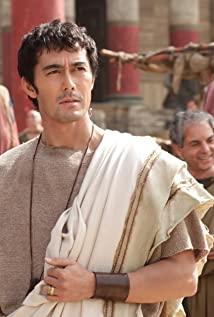And I bought it because of the beautiful young story that Matsu Takako interprets in April Story, so I couldn't help but imagine that it would also be a light-colored and fresh narration. Forgive me, I haven't watched any of Shunji Iwai's films about "Cruel Youth". I know they are classics and their essence, and maybe they won't be sad to watch, but the warmth, lightness, and hope are more attractive to me.
The narration of Flower and Alice is somewhat fragmented and fragmented, but it has the delicacy and warmth of a sketch. Needless to say, the beauty of the picture is the appearance of prose poetry. The girl runs on the way to the station in the early morning; the cherry blossoms falling like rain on the way to school; the colorful and crowded garden of HANA's house; Alice's final ballet, although the hero Miyamoto's character is a bit "alternative", but It was just right in this movie. You liked that after he finally confirmed everything, he was pale and beautiful, and he also liked the way he helped HANA organize the kimono and the dialogue. He felt that he was a kind-hearted child.
The little details of the little actions of the two girls in the play are also very cute. Hana accompanied Miyamoto to the hospital to see his "amnesia" brain. When making up a lie, he put the fingers of both hands together because he was nervous, and circled the index finger, middle finger, and ring finger in turn; the boy finally confirmed that he had never lost his memory, and asked Ellie. When Si asked about the truth of the matter, she lowered her head in distress, put her slender index finger on her nose, and said sorry in a vague voice as if she refused to look up.
There was one place where I burst into tears when I saw it, when Alice was about to close the car door, she said to her father in Chinese that I love you.
This story is a girl's story. It has a heavy emotional weight in it, but it is light and bright because of the clarity and tenderness in the bottom of my heart.
View more about Hana to Arisu reviews


